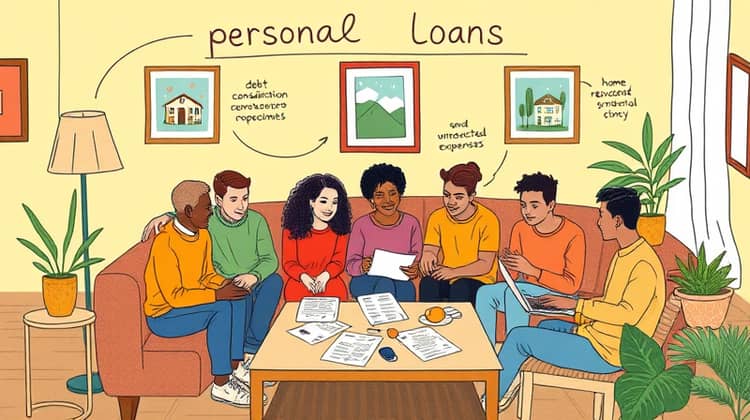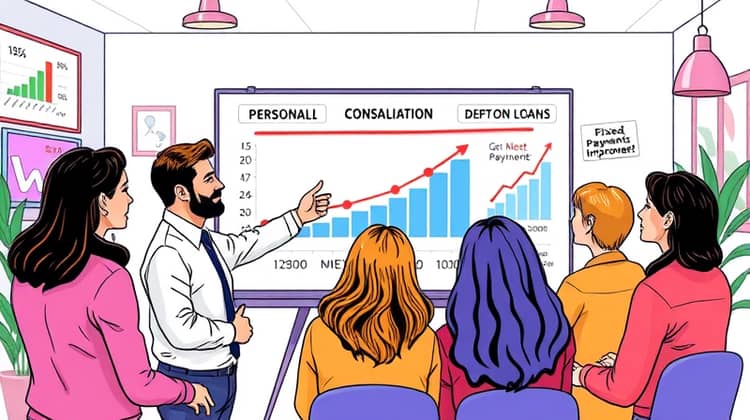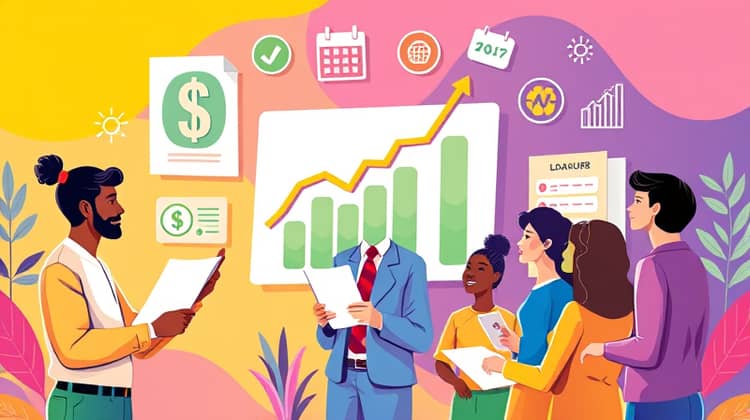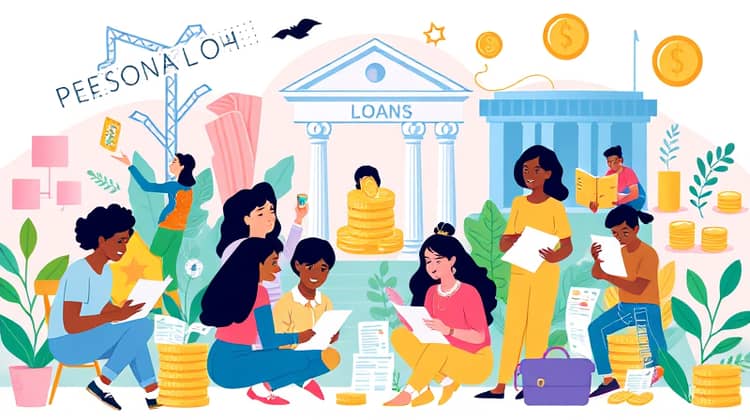When it comes to managing your financial health, understanding the implications of personal loans is crucial. Personal loans can be a useful tool for achieving your financial goals, but they also come with important considerations that can affect your overall financial well-being. As more people turn to personal loans for various needs, it is essential to explore how they impact your financial health and credit status.
This article offers a comprehensive overview of personal loans, beginning with a fundamental understanding of what they are, followed by the advantages and disadvantages of taking them on. Additionally, we will discuss their effect on your credit score, provide tips for effective management, examine alternatives, and help you make informed decisions regarding your financial future.
1. Understanding Personal Loans

A personal loan is an unsecured loan that individuals can use for a variety of purposes, including consolidating debt, funding major purchases, or covering unexpected expenses. Unlike secured loans, personal loans do not require collateral, making them accessible for individuals who may not own valuable assets. They typically come with a fixed interest rate and a set repayment term, allowing borrowers to make predictable monthly payments.
Potential borrowers should be aware that the amount they qualify for and the interest rate will depend on various factors, including their credit history and income. Understanding personal loans is key to making informed financial decisions and leveraging them effectively.
- Flexible Use: Personal loans can be used for various purposes, such as home renovations, medical expenses, or travel costs.
- Fixed Payments: Unlike credit cards, personal loans generally have fixed interest rates and repayment schedules.
- Quick Access to Funds: Most lenders can offer a decision and access to borrowed funds relatively quickly.
2. The Pros of Personal Loans

While personal loans can come with risks, they also offer a range of benefits that can improve financial health when used wisely.
- Opportunity for Debt Consolidation: Personal loans can help consolidate high-interest debts into a single payment, potentially lowering overall interest costs.
- Predictable Payments: Having a fixed payment plan helps in budgeting and managing monthly finances.
- Potential Build of Credit: If payments are made on time, personal loans can positively impact one's credit score.
3. The Cons of Personal Loans

It is essential to also consider the downsides of taking on personal loans, as they can present challenges to your financial health.
- High-Interest Rates: Depending on credit scores, some borrowers can face higher interest rates compared to other financing options.
- Risk of Over-Borrowing: The temptation to borrow more than needed can lead to unmanageable debt levels.
- Impact on Credit Score: Multiple loan applications can lead to hard inquiries that temporarily diminish credit scores.
4. How Personal Loans Affect Your Credit Score

Personal loans can have a significant impact on your credit score, and understanding this relationship is vital for potential borrowers.
- Application Process: Applying for a personal loan usually involves a hard inquiry, which can slightly reduce your credit score in the short term.
- Credit Utilization: Having a personal loan can affect your credit utilization ratio, which is the amount of credit used versus the total credit available.
- Payment History: Consistent, on-time payments can positively impact your overall credit score, showcasing reliability to lenders.
Overall, while personal loans can be a double-edged sword when it comes to credit, their effects can be managed with responsible borrowing and timely repayments.
5. Tips for Managing Personal Loans

Effectively managing personal loans is crucial for maintaining personal financial health. Here are some strategies to keep in mind:
Firstly, it’s essential to create a budget that accommodates your loan payments while ensuring you can cover your other expenses. Staying organized and maintaining a keen awareness of your financial situation can prevent payment lapses, which can lead to debt accumulation. Remember to track your spending and adjust as needed.
- Set Up Automatic Payments: Automating payments can help ensure you never miss a due date.
- Prioritize High-Interest Loans: Focus on paying off the loans with the highest interest rates first.
- Communicate with Your Lender: If you’re facing difficulties, reach out to your lender to discuss possible solutions.
6. Alternatives to Personal Loans

If personal loans aren’t the best fit for your financial needs, there are several alternatives to consider.
- Credit Cards: For smaller expenses, credit cards can serve as a short-term solution, provided you can pay off balances quickly to avoid high-interest charges.
- Peer-to-Peer Lending: This method allows you to borrow money directly from individuals, often at competitive rates.
- Home Equity Loans: If you’re a homeowner, you could consider tapping into your home’s equity, though this comes with risks.
7. Making the Most Out of Personal Loans

To truly benefit from personal loans, make informed decisions before taking one on. Assess your needs thoroughly and evaluate your financial circumstances to ensure borrowing makes sense for you. It's also essential to research and compare lenders to secure the best interest rates and terms available. Additionally, having a clear repayment plan can minimize the risk of falling into debt and enhance your overall financial management.
Furthermore, consider using personal loans strategically for big purchases or necessary expenses rather than for frivolous spending. This prudent approach can help you improve both your financial health and creditworthiness.
Conclusion

In conclusion, personal loans can be a versatile financial tool that, if managed correctly, can pave the way to improved financial health. However, it’s crucial to recognize the potential drawbacks as well and approach borrowing with a well-informed mindset.
Ultimately, understanding how personal loans impact your finances is the first step in using them responsibly and ensuring they contribute positively to your financial picture. By weighing the pros and cons and making informed decisions, you can leverage personal loans to support your financial goals.














